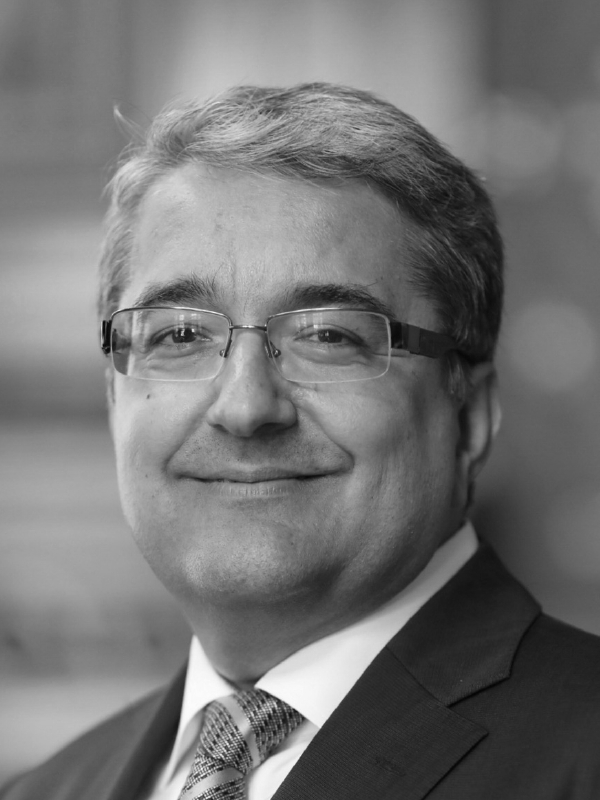

SS05 – DATA SCIENCE AND ARTIFICIAL INTELLIGENCE IN GEOSCIENCES

|
Mon-29 Jun 2020 | 16:00 – 18:00 | Tower D, Emerald Alik ISMAIL-ZADEHKarlsruhe Institute of Technology Russian Academy of Sciences “Data-driven Geodynamic Modelling: Success and Challenges” |
Dynamic processes in the Earth’s interior and on its surface (both in the past and present) are of great scientific interest and of societal relevance. Thermal convection in the mantle, lithosphere dynamics and subduction as well as their surface manifestation, such as volcanism, seismicity, and sedimentary basins evolution, are among principal geodynamic problems. With great advances in understanding the geodynamic processes based on geophysical and geodetic monitoring, observations and data analysis, and with a technological progress in computer simulations, data-driven numerical models in geodynamics become feasible and important in recovering the past, analyzing the present, and forecasting the future. If traditional geodynamic models are related to analyses of basic dynamical processes in and on the Earth, data-driven models try to assimilate Earth observations into models bridging the models with available geophysical, geological, geochemical, geodetic, and other data. The goal of data-driven numerical modelling is to determine the model characteristics using data sets related to Earth’s deep, shallow and surface observations. A challenging issue in the modelling is data availability and their quality: if geophysical data are incomplete and somehow biased, the data can be improperly assimilated. Adjoint and quasi-reversibility techniques allow assimilating observations via numerical models, and this will be illustrated by a few model examples related to mantle-lithosphere dynamics, salt diapirism, and lava flow.
Biography
Alik Ismail-Zadeh is a German/Russian geophysicist known internationally for his contribution to computational geodynamics and natural hazard research. He graduated from the Baku State University in Azerbaijan and the M. Lomonosov Moscow State University in Russia before being awarded Ph.D. degree in 1990 and D.Sc. in 1997 from the Russian Academy of Sciences (RAS). He works as Senior Research Fellow at the Institute of Applied Geosciences of the Karlsruhe Institute of Technology, Germany, and is Chief Scientist / Research Professor at the RAS Institute of Earthquake Prediction Theory and Mathematical Geophysics in Moscow. He has been a visiting scholar and lecturer/professor at several academic institutions, including the University of Cambridge, UCLA, University of Tokyo, Institut de Physique du Globe de Paris, University of Uppsala, University of the Chinese Academy of Sciences in Beijing, and the Abdus Salam International Centre for Theoretical Physics in Trieste. His research interests are broad covering geodynamics, seismology, sedimentary geology and tectonics (incl. research for hydrocarbon industry), geohazards (e.g., earthquakes, lava flows) and risk analysis, science diplomacy and history; his research methods are also broad covering multi- and interdisciplinary synthesis, mathematical analysis, and numerical experiments. He is a principal author and co-author of over 120 peer-reviewed papers, and several books. He is Secretary of the International Science Council, and was Secretary-General of the International Union of Geodesy and Geophysics (IUGG, 2007-2019). He is a Fellow of the Academia Europaea, American Geophysical Union, IUGG, Royal Astronomical Society, and a recipient of several awards.